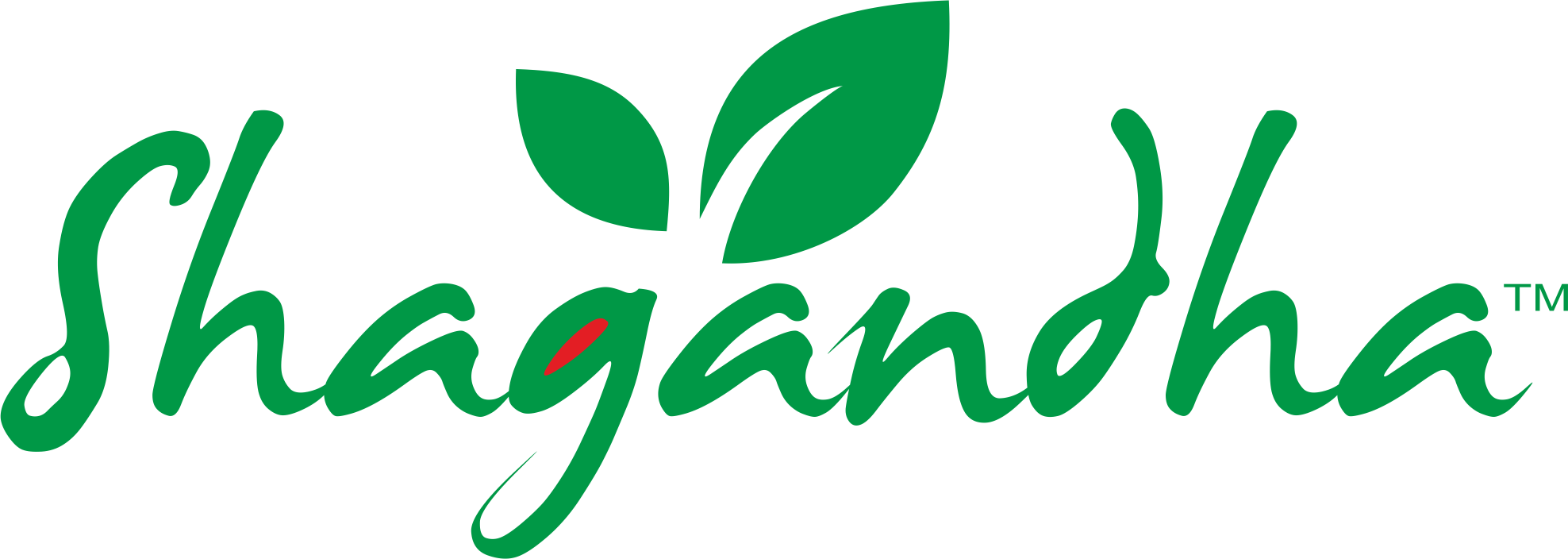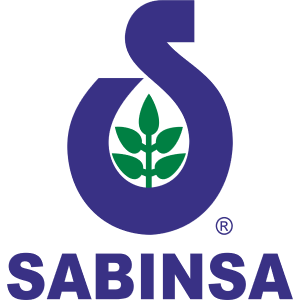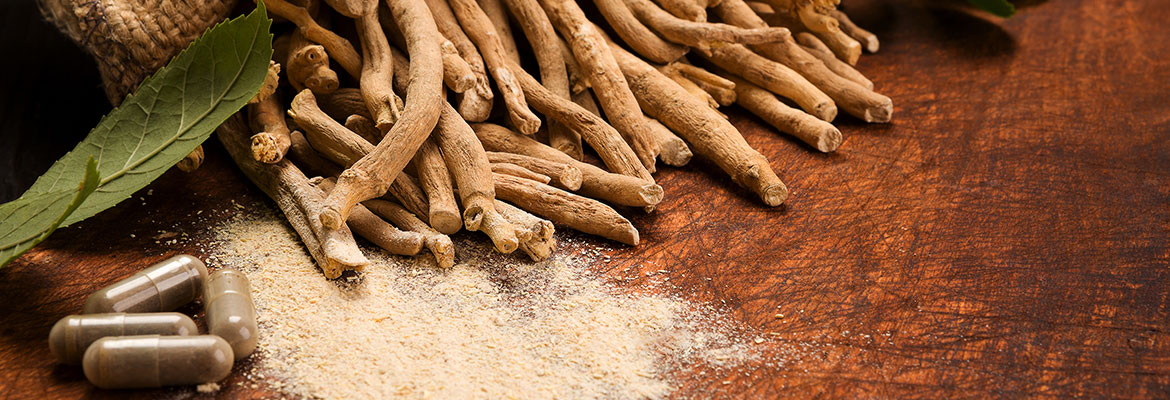Sabinsa has raised the quality bar for the popular adaptogen ashwagandha with Shagandha™ Ashwagandha Root Extract 2.5% USP from Withania somnifera, assured to comply with the U.S. Pharmacopoeia-National Formulary (USP-NF) monograph. The company chose botanical specialist Alkemist Labs to test the ingredient to confirm that it meets the USP monograph.

“We did two tests for Sabinsa’s Shagandha™ Ashwagandha Root Extract 2.5% USP material; an identity test by HPTLC and a quantitative test for Withanolides by HPLC,” confirmed Alkemist Labs CEO Élan Sudberg. “The identity testing by HPTLC was performed to show that their material is consistent with Withania somnifera root. The quantitative testing for Withanolides, compounds within ashwagandha, by HPLC was performed to show the amount of withanolides in their Shagandha extract. This testing was to show that they meet their 2.5% withanolide specification they claim on this product. In both testing cases, United States Pharmacopeia (USP) methods were used. Essentially, the test showed Sabinsa’s Shagandha extract is authentic ashwagandha.”
“With ashwagandha sales growing in the double digits in recent years, extra caution in sourcing becomes crucial to guard against the adulteration that often follows rapid growth in demand for an herb,” said Sabinsa founder Dr. Muhammed Majeed. “Ensuring identity of the material and that it will meet our specification claims fits with our commitment to combating adulteration in the supply chain while assuring customers we provide quality ingredients.”
Authenticity of ashwagandha was the subject of a recently published bulletin by the ABC-AHP-NCNPR Botanical Adulterants Prevention Program (BAPP): Adulteration of Ashwagandha (Withania somnifera) Roots and Extracts, available here: HerbalGram.
Ashwagandha (Withania somnifera) is one of the best-known Indian botanicals that has been used in Ayurvedic preparations since the Vedic era, dating back 3000-4000 years. In Ayurveda, ashwagandha is classified as a rasayana, meaning “rejuvenative tonic.” Traditionally it was widely used in people of all ages for a range of imbalances. Today, consumer awareness of ashwagandha’s wide range of health benefits grows as clinical substantiation increases.










